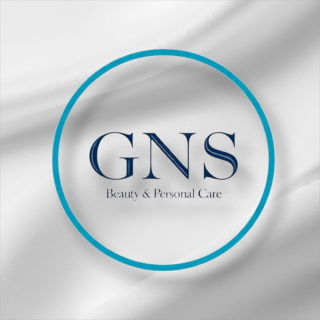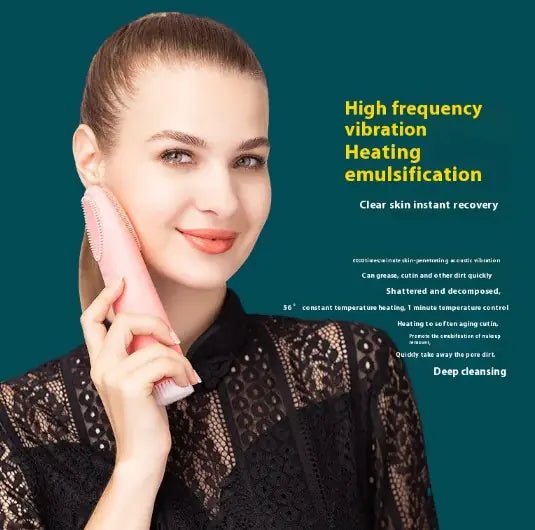In today's fast-paced, ever-evolving beauty landscape, ethical beauty brands are emerging as a pivotal force, transforming consumer choices and expectations. As more consumers become conscious of sustainability and transparency, these brands are reshaping the beauty industry with their commitment to ethical sourcing and cruelty-free products.
The Ethos Behind Ethical Beauty Brands
At the heart of the ethical beauty movement lies a fundamental commitment to creating products that respect both consumers and the planet. This means leveraging natural ingredients, prioritizing eco-friendly packaging, and ensuring that animal testing is entirely off the table. As a result, companies like GNS Beauty & Personal Care are setting new standards by embracing comprehensive ethical production standards, thus appealing to an audience that values inclusivity and natural beauty enhancement.
Why Consumers are Choosing Ethical Beauty
One significant factor driving the popularity of ethical beauty brands is the increasing awareness among consumers about the environmental and social impact of their purchasing decisions. In an age where information is readily accessible, consumers are demanding more from brands, not just in terms of quality but also sustainability and ethical integrity.
Furthermore, the demographic targeted by ethical beauty brands, particularly tech-savvy adults aged 18-45, is keenly aware of the global issues surrounding sustainability. These individuals value transparency and are often willing to pay a premium for products that align with their values.
Impact on Market Trends
The rise of ethical beauty brands has significantly influenced market trends across the industry. Traditional beauty brands are now compelled to reevaluate their sourcing and production processes to remain competitive. The shift towards more natural and sustainable ingredients is becoming evident, with a growing focus on transparency in ingredient lists and certifications like 'cruelty-free' and 'vegan.'
Emphasizing Innovation and Accessibility
While maintaining ethical standards, ethical beauty brands are also driving innovation. They are at the forefront of developing new formulas that cater to diverse skin types and tones, emphasizing inclusivity. Products such as eco-friendly skincare sets and vegan lip stains (e.g., long-lasting matte lip stain with moisturizing finish) are just a few examples of how these brands are meeting consumer demand for innovative, accessible beauty solutions without compromising ethical values.
The Role of Social Media and Influencers
Social media platforms and influencers have been instrumental in propelling the success of ethical beauty brands. By leveraging their vast reach, influencers have the power to educate and inspire consumers about ethical beauty choices. Platforms like Instagram have become gateways for consumers to discover the benefits of cruelty-free and sustainable beauty products, encouraging further exploration and purchase.
Challenges and Future Outlook
Despite the positive trend towards ethical beauty, these brands face challenges in scaling their operations to meet increasing demand while maintaining their ethical commitments. However, the future is bright, with a continuous rise in consumer demand for more eco-conscious choices, which promises to drive further innovation and growth within the industry.
As ethical beauty becomes a mainstay rather than a niche offering, brands like GNS Beauty & Personal Care are well-positioned to capitalize on this shift, appealing to a broad audience that prioritizes ethical consideration in their beauty and wellness regimen.
Conclusion
Ethical beauty brands are not just a fleeting trend; they're shaping the future of the beauty industry by aligning with consumers who care deeply about the impact of their purchases. Whether it's through sustainable packaging, cruelty-free testing, or inclusive product ranges, these brands are proving that ethical can also be beautiful, leading to empowered and informed consumer choices.








Leave a comment
All comments are moderated before being published.
This site is protected by hCaptcha and the hCaptcha Privacy Policy and Terms of Service apply.